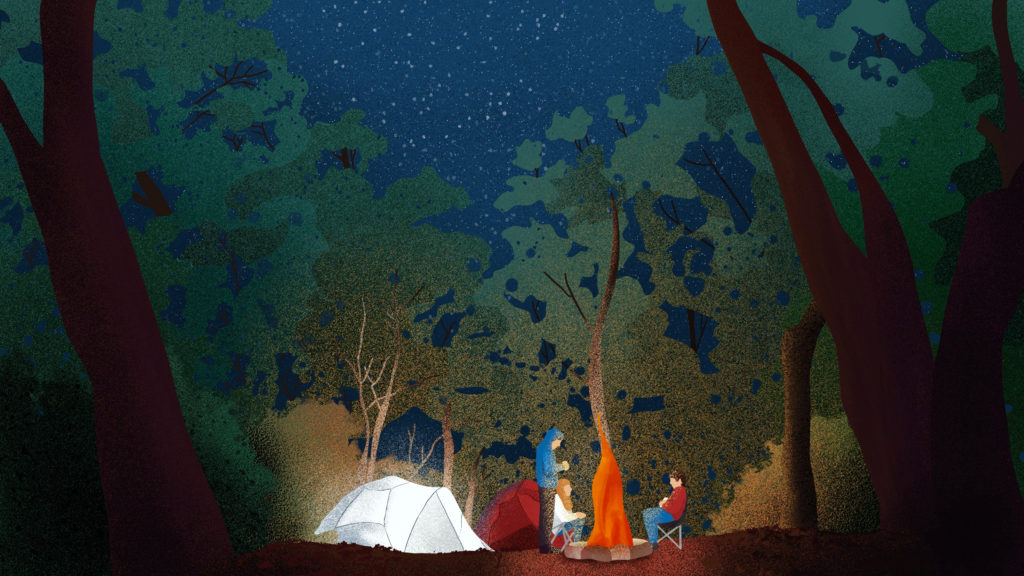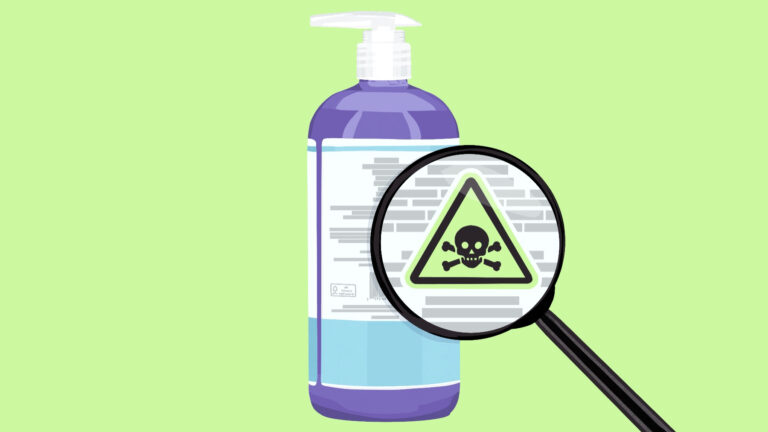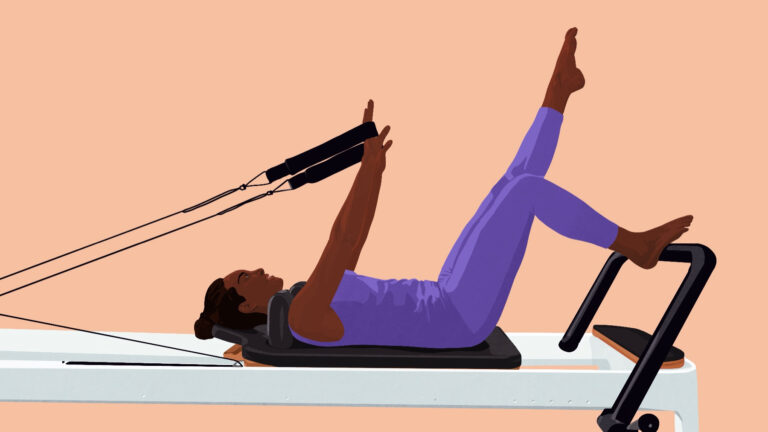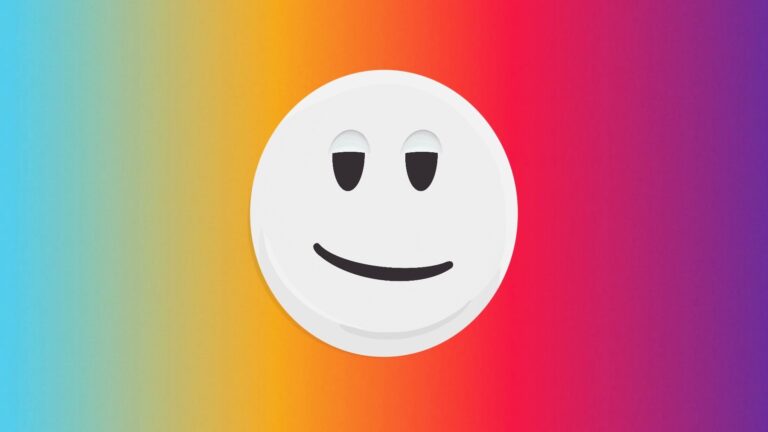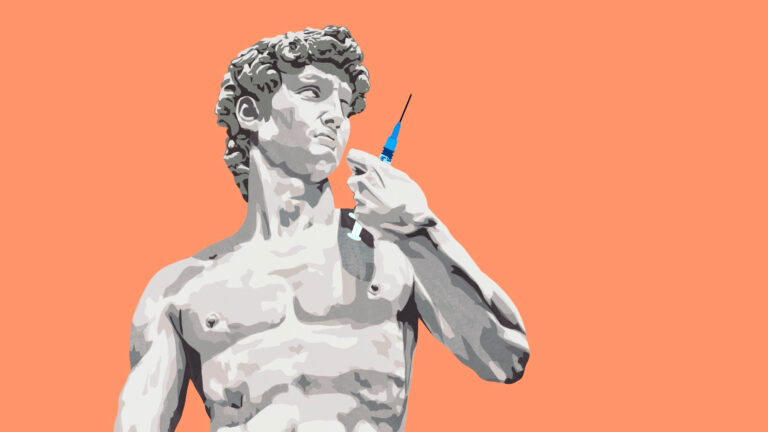Bolstered by pandemic tailwinds, there’s a growing opportunity in the great outdoors.
- The US outdoor recreation economy hit $788B in 2019.
- 15 national parks set visitation records last year.
- 10.1M new households camped for the first time in 2020.
With summer approaching and lockdowns lifting, the COVID-era surge could prove to be a secular shift.
What’s Trending
Favoring experiences over “things,” millennials led a camping boom that predated the pandemic. Overwhelmed by hustle culture, glamping became a form of self-care as well as an Instagram flex.
Then COVID happened.
Prioritizing well-being while combating burnout, going outside became a priority.
If walking, running, and biking helped us stay sane, camping and RVing offered an escape. As social distancing persisted, outdoor essentials like tents, hiking gear, and fishing tackle sold out.
At the same time, digital platforms like AllTrails, Strava, Hipcamp, and Outdoorsy experienced record usage.
More bullish than ever, operators and investors have high hopes for the outdoors.
Hit the Trail
Putting one foot in front of the other, 8.1M more Americans hiked last year than in 2019.
A digital guide to the outdoors, AllTrails experienced 130% YoY user growth, reaching 1M paid subscribers and 25M members in all. Of note, among AllTrail users, the number of hikes logged in 2020 was up 171% from the previous year.
Tracking a host of outdoor activities, 2020 was a stellar year for Strava, a social network for athletes. Last year, the app’s 73M users uploaded 1.1B activities — including 1.9x more hikes than 2019. Capitalizing, in November ’20, the company raised $110M in funding at a $1.5B valuation.
Beyond local trails and green spaces, the national parks welcomed 237M visitors during the pandemic year.
The interesting part? Due to temporary closure, that number is a 28% decrease from 2019. But, as restrictions loosened, patrons returned in droves — so much so that 15 parks set visitation records in 2020.
Five months into a new year, the national parks are busier than ever. In April, Yellowstone and Grand Teton both welcomed a record-setting 67K and 87K visitors, respectively.
Stay in Style
Like hiking, camping and RVing were popular pandemic pastimes.
- Global glamping market: projected $2.35B in 2021
- Global camping & caravanning market: estimated $45B in 2021
According to Kampgrounds of America, 48.2M US households camped at least once in 2020, including 10.1M households that camped for the first time. Of note, the percentage of first-time campers was five times that of 2019.
Dubbed Airbnb of the outdoors, Hipcamp offers unique camping experiences. Early in the pandemic, cancellations tanked the business, forcing layoffs. By summer, the company rebounded.
Speaking to Forbes, Hipcamp founder and CEO Alyssa Ravasio said demand is “unlike anything we’ve seen before,” as bookings tripled. With momentum, in January, Hipcamp closed a $57M funding round valuing the company north of $300M.
Taking a similar approach, a number of platforms, including Tentrr and The Dyrt, connect users to campsites. Last summer, Tentrr’s bookings were up 900% over the previous quarter. Taking advantage of the camping boom, in November, The Dyrt added $5M in new funding.
Meanwhile, offering a socially distant escape, bookings for Getaway’s tiny cabins grew 150% YoY as occupancy rates reached 99%. Now, armed with $41.7M in fresh capital, Getaway plans to reach 17 locations and 800 cabins by year’s end.
Trading lockdown for the open road, RVing reached new heights in 2020 — manufacturers delivered a record 530K vehicles to dealers in North America. So far, 2021 has brought more of the same:
- 56M Americans plan to go RVing this summer.
- April ’21: RV shipments increased 619% YoY, van campers are up 2,219%.
Last year, rental marketplace RVshare saw bookings jump 1,600% between April and June. In November, the company landed a $100M investment. Meanwhile, competitor rental site Outdoorsy claims a 4,500% increase during the pandemic, vaulting the company to $1B in sales.
Tapping the vanlife craze, in May ’20, Cabana raised $3.5M for its fleet of mobile hotels. And Kibbo combines customized Sprinter vans with a network of cool locations, creating an upgraded RV park.
Adventure is Calling
Glamping and hiking are just the beginning. By leveraging technology, “niche” categories will prove to be lucrative verticals.
Fishing. The market for fishing equipment is estimated to reach $20B by 2027. Last week, Catch Co. raised $38M for its fishing-focused content/commerce platform. And in March, Fishbrain added $31M for its social fishing app.
Rock climbing. While websites like Mountain Project and theCrag have amassed insights and reviews for thousands of routes, KAYA is building a community-focused climbing app. The company announced a $2.5M seed round in April.
Gear rental. Outdoor equipment is expensive. Plenty of companies, including retailers like REI and L.L.Bean, have tried to solve the gear rental problem. Last summer, Arrive Outdoors secured $4.2M in funding to scale up its platform.
Boating. A kind of Expedia for the outdoors, The Wanderlust Group develops booking software for boating, like its Marinas.com and Dockwa brands. The company raised $14.2M in October to expand into camping and RVing.
Punchline: The outdoors are expansive, and increasing access to adventure is a multi-billion-dollar opportunity in the making.
Correction: Last week, we incorrectly identified VMG Partners as an investor in Pilates studio SLT: Strengthen – Lengthen – Tone. As you’ll hear in today’s podcast, VMG invested in [solidcore], while SLT is backed by North Castle Partners. Sorry for any confusion!
🎙 On the Podcast
This week, on the Fitt Insider podcast, we’re joined by McConnell Smith of VMG Partners — a private equity firm focused on growth-stage investments.
In this episode, we explore emerging opportunities across fitness and wellness. We also discuss VMG’s new $850M fund, including the firm’s approach to backing consumer- and health-focused brands. And McConnell talks about VMG’s investment in [solidcore] — a Pilates-based boutique fitness concept.
Listen to the show here.
👎 Missing the Mark
Food giant Nestlé has a big problem — its products are unhealthy.
According to internal documents reviewed by the Financial Times:
- 60% of its food and drink products don’t meet “a recognized definition of health.”
- The brand admitted “some of our categories and products will never be “‘healthy’ no matter how much we renovate.”
Acknowledging there’s work to be done, the presentation circulated among Nestlé executives also said:
“We have made significant improvements to our products… [but] our portfolio still underperforms against external definitions of health in a landscape where regulatory pressure and consumer demands are skyrocketing.”
Nestlé isn’t alone. Big Food is far from healthy. As we detailed in Issue No. 127, its ultra-processed options are the opposite of health.
- Nearly 60% of the calories consumed by Americans come from ultra-processed foods like soft drinks and snacks.
- Among the top-25 food manufacturers in the US, 86% of products are classified as ultra-processed.
A sinking ship. Even as Big Food brands try to reinvent themselves, they’re taking on water.
On the Fitt Insider podcast, Jason Karp, CEO of HumanCo—a holding company of health and wellness brands—said “it’s sort of like moving deck chairs on the Titanic.” They’re making so much money selling cheap, highly processed food, Karp detailed, that it’s almost impossible to pivot.
Punchline: As Nestlé’s own presentation highlights, consumers want healthier options. And, given Big Food’s inability to meet the growing demand, better-for-you upstarts are well-positioned to thrive.
💨 Deep Breath
Social media and paid acquisition are table stakes, but it’s increasingly difficult, and expensive, to stand out online.
In pursuit of underpriced attention, Breathwrk, an app for breathing exercises, found success on TikTok.
Backed by institutional investors like Bessemer, BAM Ventures, Will Ventures, and Sapphire Sport, as well as Demi Lovato and Scooter Braun, the company has amassed 700K users since launching in 2019.
Still new to the platform, Breathwrk launched its TikTok in March of last year.
- By August, the channel grew to 78K followers.
- Today, its following has grown to 2.3M people.
For comparison, meditation-focused competitors Calm and Headspace have 38.7K and 85.2K followers, respectively.
According to Breathwrk Head of Education & Community Davi Brown, the company listens to the needs of its TikTok community and responds with insights and breathing visuals that resonate with them.
Viral success. Breathwrk’s most popular video has 14M views, 2.1M likes, and a total watch time of 45,367 hours. Since that video went virtual, the account adds ~8K followers per day. And the company estimates that 10K views equate to one app install.
📰 News & Notes
- Coming soon: Barry’s X virtual classes.
- Avocado consumption hits record highs.
- Sweetgreen’s plan to reimagine fast food for Gen Z.
- Roundup: Cool health/fitness jobs from our network.
- F45 Training acquired supplement maker True Protein.
- Investors bet billions on the future of digital healthcare.
💰 Money Moves
- Athletic Brewing, makers of nonalcoholic craft beer, secured $50M in Series C funding.
Listen in: Athletic Brewing CEO Bill Shufelt on the Fitt Insider podcast. - Virtuix added $19M in new funding for its forthcoming VR treadmill.
More from Fitt Insider: Fitness 3.0 - Until, a members club and workspace for fitness and wellness professionals, secured a $3M investment.
More from Fitt Insider: Unbundling the Gym - Octave, a behavioral health practice, raised $20M in Series B funding.
- Brightside, an anxiety and depression care platform, raised $24M in Series A financing led by ACME Capital.
- Akili Interactive, creator of a prescription video game used to treat ADHD, announced $160M in equity and debt financing.
More from Fitt Insider: Connected Mindfulness - The Pro’s Closet, an online seller of pre-owned bikes, closed a $40M funding round led by The Chernin Group.
- Singapore-based Zenyum, maker of DTC dental products, raised $40M in Series B funding led by L Catterton.
Listen in: L Catterton managing partners Michael Farello & Jon Owsley on the Fitt Insider podcast. - Shaquille O’Neal invested in at-home fitness startup MAXPRO.
More from Fitt Insider: The Athlete VC - Vegan chain Power Plant Fast Food raised $7.5M in Series A funding.
- Plant care app Greg landed $4.5M in seed funding.
